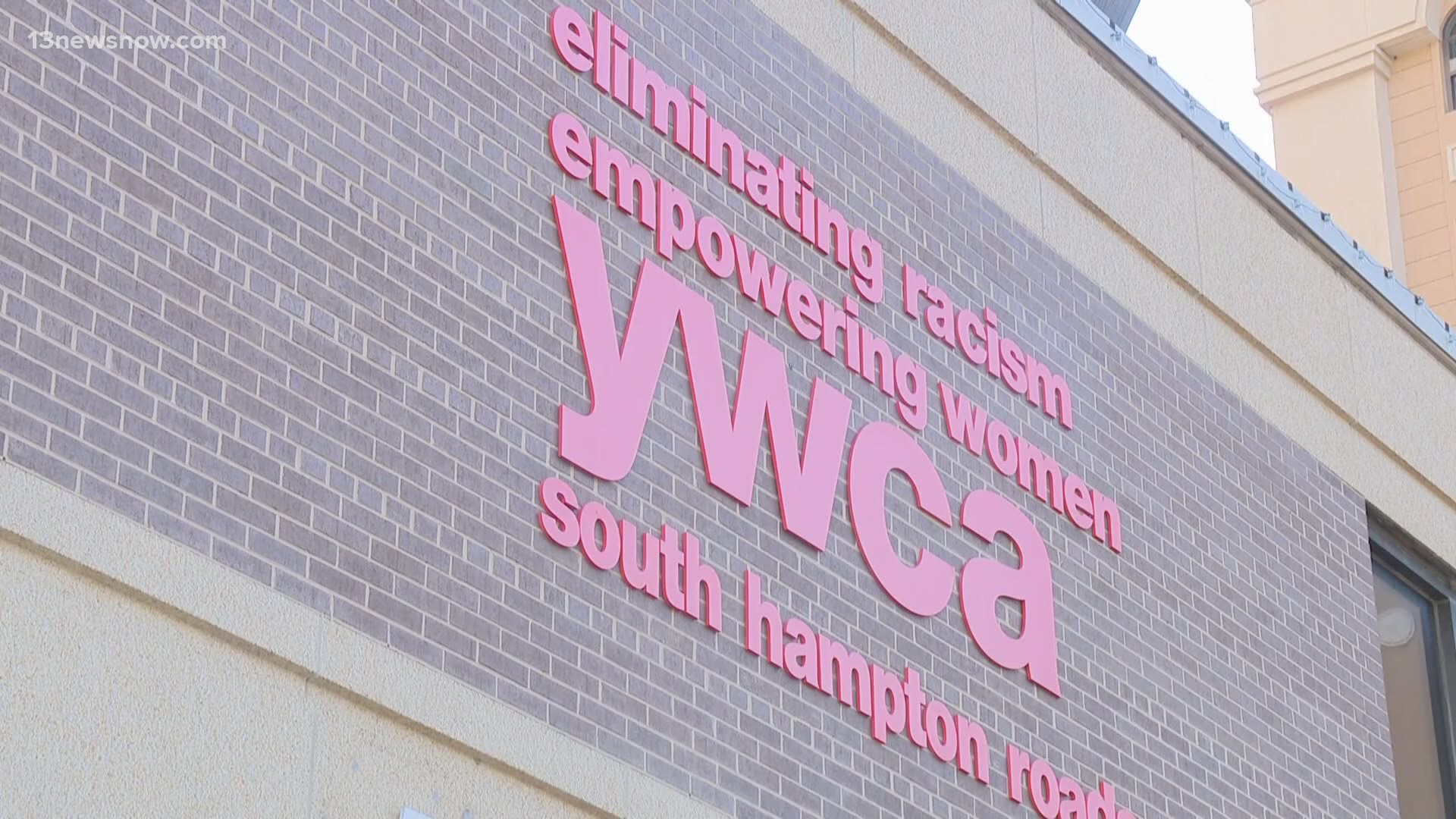NORFOLK, Va. — Local organizations like the YWCA and The Union Mission Ministries in Norfolk said they are feeling challenged and frustrated with the lack of rental housing available for the people seeking their help.
YWCA's Housing Manager, Darl Wilburn, said his organization has been seeing more domestic violence victims come to them for help. He said they have almost triple the number of people filling up their resources.
"We have 30 days to get these people in here and get them out and housed...and we haven't been quite meeting that because of the pandemic," explained Wilburn. "For those domestic violence victims, we expected to see a rise. Now, people can leave their homes more often. That makes domestic abusers become...more controlling."
Similar trends are happening at the Union Mission Ministries in Norfolk. Executive Director, John Gray, said they have seen an uptick in single women needing assistance.
"We are seeing that uptick in women. We are also seeing more families," said Gray. "Before, we might see six to eight weeks of stay and then they move to permanent housing. Now it's six, eight months...we can't even measure it right now."
It's not just a growing number of people seeking help. Rental housing is facing a shortage since fewer people are being evicted and there is less of an overturn for renters.
"Companies ask for two times your income in order to rent, and since the summer of last year, they went to three times the rent," said Wilburn. "Let's face it, who can afford three times their income? It just makes it so much more difficult."
Wilburn also cited the eviction moratorium as a key issue. He said with fewer people being evicted and landlords forgiving rent payments, that makes it so there are fewer overturns and less availability for new people to rent.
Wilburn also explained how landlords are becoming less accepting of people with difficult backgrounds. Many people in shelters have a history of evictions or other problems, which makes it harder for them to become eligible for some housing.
Both organizations are taking unique approaches, such as seeking private homeownership to help with housing, but said this won't solve the issue at hand.
"We have to keep hope," said Gray. "While this may take longer, while this may be difficult, our goal is to see people leave homelessness."
Organizers like Wilburn and Gray said they are hoping circumstances will change in the next six months, so there is more housing availability and fewer people in the shelters.

